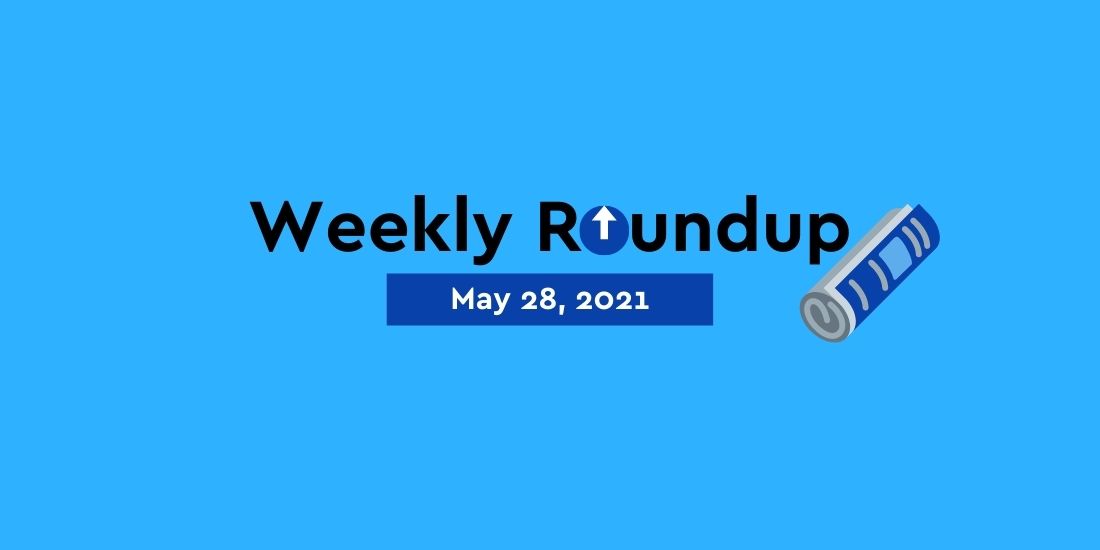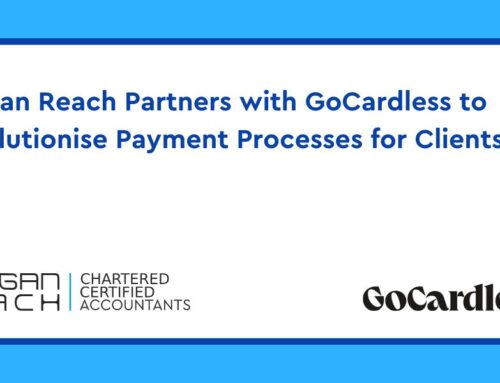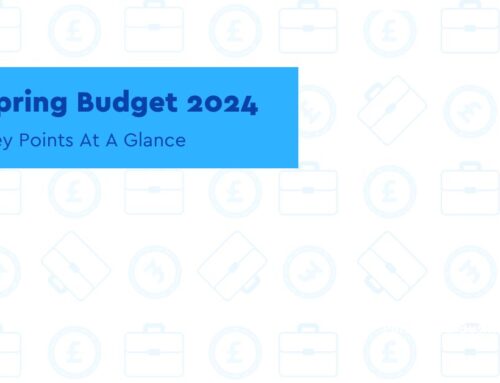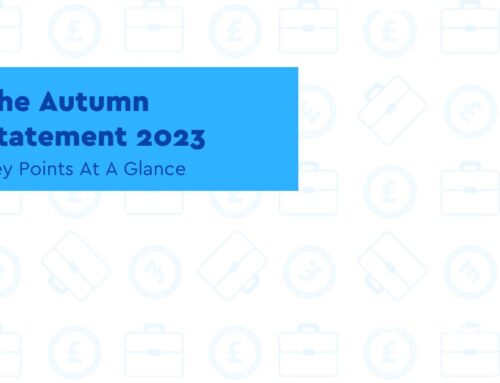CJRS claims for May
Key Points
- You can claim before, during or after your payroll is processed
- Employers can apply online with their Government Gateway user ID and password
CJRS claims for periods in May can be submitted now, and must be made by Monday, June 14.
You can claim before, during or after your payroll is processed. However, the government advises that it is better to make a claim, if you can, once you are certain the exact number of hours your employees will work. This will avoid you having to amend your claim at a later date.
You can check your eligibility and find out how much you can claim by using the government’s CJRS calculator.
Employers can apply online, and will need their Government Gateway user ID and password.
Conditions of claiming CJRS grants
Employers must pay the associated employee tax and National Insurance contributions to HMRC. This is a condition of applying for the grant, so not doing so will mean they’ll need to repay the whole of the CJRS grant and they may not be able to claim for future CJRS grants.
Employers having difficulties paying any of their tax liabilities to HMRC can work to explore affordable payment options – for example, through a payment plan where they can pay over time, in instalments. To find out more go to GOV.UK.
Employers who haven’t submitted their claim for April but believe that they have a reasonable excuse for missing the April 14 deadline can check if they can make a late claim by searching ‘claim for wages’ on GOV.UK.
Employers must keep records that support the amount of CJRS grants you claim, in case HMRC needs to check them.
Employment Allowance
You may be eligible to claim the Employment Allowance.
Employment Allowance allows eligible employers to reduce their annual National Insurance liability by up to £4,000.
You’ll pay less employers’ Class 1 National Insurance each time you run your payroll until the £4,000 has gone or the tax year ends (whichever is sooner).
You can only claim against your employers’ Class 1 National Insurance liability up to a maximum of £4,000 each tax year. You can still claim the allowance if your liability was less than £4,000 a year.
The rules for claiming the allowance are the same, even if you claimed a Coronavirus Job Retention Scheme grant for your Class 1 employer National Insurance contributions costs for a claim period ending on or before July 31, 2020. You were only able to claim for a grant towards your Class 1 employer National Insurance contributions for periods between March 1, 2020 and July 31, 2020.
Record keeping requirements
You must keep a copy of all records for 6 years, including:
- the amount claimed and claim period for each employee
- the claim reference number for your records
- your calculations in case HMRC need more information about your claim
- usual hours worked, including any calculations that were required, for employees you flexibly furloughed
- actual hours worked for employees you flexibly furloughed
Expenses and benefits for employers – upcoming deadlines

Key Points
- Submit your P11D forms online to HMRC by July 6
- Tell HMRC the total amount of Class 1A NI you owe on form P11D(b)
- Employers must also give employees a copy of the information on their forms by this date
If you’re an employer and provide expenses or benefits to employees or directors, you might need to tell HMRC and pay tax and National Insurance on them.
Submit your P11D forms online to HMRC – July 6 following the end of the tax year
A P11D is the form used to report expenses and benefits paid to directors and employees which have not been subject to PAYE tax. HMRC require your company to notify these expenses for each director or employee after 5th April each year.
Penalties for P11D(b) forms are based on employee numbers and are repeated for every month the return remains late. Late filing penalties also apply for failure to submit forms P11D.
Employers should finalise their P11Ds and P11D(b)s in good time to meet the filing deadline. HMRC should also be notified of taxable termination packages exceeding £30,000, consisting of cash and non-cash benefits.
Employers must also give employees a copy of the information on their forms by this date.
You’ll get a penalty of £100 per 50 employees for each month or part month your P11D(b) is late. You’ll also be charged penalties and interest if you’re late paying HMRC.
Tell HMRC the total amount of Class 1A National Insurance you owe on form P11D(b) – July 6
Class 1A NIC is an employer National Insurance charge usually based on 13.8% of the cumulative benefits advised on P11D submissions for employees.
Pay any Class 1A National Insurance owed on expenses or benefits – must reach HMRC by July 22 (July 19 if you pay by cheque)
Employers must pay Class 1A National Insurance contributions on work benefits you give to your employees, such as a company mobile phone. If a benefit is subject to PAYE, Class 1A National Insurance is payable.
The deadline for receipt by HMRC of payment of class 1A NICs included on form P11D(b) is July 19 for postal payments and July 22 for electronic payments.
Failure to meet these deadlines will result in automatic interest, currently at 2.60 per cent per annum, on the late payment of tax, and penalties starting at 5 per cent when payment is 30 days late, increasing to 10 per cent after six months and 15 per cent after 12 months.
Employers should identify the amount payable and make arrangements to make payment to be with HMRC by the due date to avoid interest on late tax and penalties.
NICs Bill – Covid support for self-employed

Key Points
- The measure will be retrospective and apply to the 2020/21 tax year
- The law currently sees these payments as trading income in respect of the self-employed
Measures in the National Insurance Contributions Bill 2021 will ensure that self-employed individuals throughout the UK receiving Covid-19 Test and Trace Isolation Support Payments do not pay Class 2 and Class 4 NICs on the amounts received.
The £500 support payments were made available from last year to individuals who have lost income because they have been required to self isolate. The scheme will run until June 30, 2021.
The NICs Bill 2021 was introduced to parliament on May 12, and the measure will be retrospective and apply to the 2020/21 tax year.
The Class 4 and Class 2 National Insurance Contributions exemption is being introduced to ensure equal treatment for the self-employed.
The law currently sees these payments as trading income in respect of the self-employed and therefore subject to Class 4 and Class 2 NICs. This measure sets out that these payments will not apply in computing profits liable to Class 4 and Class 2 NICs.
The Bill also confirms that from April 2022, organisations with employees spending 60% or more of their time in a Freeport site will be eligible for relief on secondary Class 1 NICs for 36 months. The relief will be available to new employees earning up to £25,000 per annum.
Claim back a flexibly accessed pension overpayment
Key Points
- To claim online, you need a Government Gateway user ID and password.
- Include details of any other income that you expect to receive during the tax year
The P55 repayment claim forms have been updated for the 2021 to 2022 tax year for reclaiming an overpayment of tax when you’ve flexibly accessed part of your pension pot.
You can claim back tax from HMRC if either:
- You’ve flexibly accessed your pension
- You’ve taken only part of your pension pot and will not be taking regular payments
- The pension body is unable to make a tax refund
To claim online, you need a Government Gateway user ID and password. If you do not have a user ID, you can create one when you claim. If you’ve taken all of your pension pot, use form P50Z or form P53Z.
To ensure that HMRC can make sure they repay the right amount of tax to you, complete form P55 with details of any other income that you expect to receive during the tax year.
If you do not know the final figures enter the most accurate estimates you can.
If you fill in a Self Assessment (SA) Tax Return do not include any estimated SA income in your claim unless you want HMRC to include this in calculating your repayment
You’ll still need to pay any balancing payments owed and payments on account when due – you can ask HMRC to use your repayment to lower your payments on account.
Weekly HMRC, Gov’t and tax updates
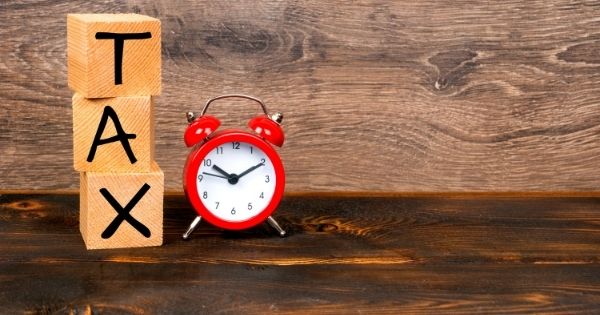
HMRC updates: Apprenticeship levy guidance
HMRC has updated its guidance on ‘Pay Apprenticeship Levy‘ for employers.
HMRC has updated its guidance on ‘Pay Apprenticeship Levy‘ for employers, setting out who needs to pay the levy, how to work out what is owed and how to use the levy allowance.
Apprenticeship levy is paid at a rate of 0.5% of an employer’s annual pay bill, and the revised guidance has been expanded to cover how the rules apply to connected companies. The guidance also notes that the levy is still payable even if contributions are made to industry-wide training levy arrangements.
HMRC publishes new Advisory Fuel Rates effective from June 1
HMRC has published the latest Advisory Fuel Rates (AFRs) effective from June 1 for company car drivers claiming back fuel costs from their employer.
The diesel rate for company cars with an engine size of more than 2,000cc increases by 1ppm, from 12ppm to 13ppm. The AFR rates for diesel cars up to 1,600cc and from 1,601-2,000cc remain unchanged at 9ppm and 11ppm, respectively.
For petrol company cars, all three rates have increased by 1ppm, meaning the AFR rate for vehicles up to 1,400cc is 11ppm, while cars with an engine of 1,401-2,000cc and more than 2,000cc have a rate of 13ppm and 19ppm, respectively. For the full list of rates, visit GOV.UK
Annual Price Rise of 10.2% in Latest UK House Price Index
UK house prices increased by 10.2% in the year to March 2021.
On a non-seasonally adjusted basis, average house prices in the UK increased by 1.8% between February and March 2021, compared with an increase of 0.9% during the same period a year earlier (February and March 2020).
Get In Touch
At Morgan Reach, we understand every business needs a little help now and again-especially when it comes to the financial side of things. Therefore, to help our clients and visitors we endeavour to cover as much of the business news as possible. If you are self-employed or run a business and need assistance and advice on how these news could make a difference to you or your business, feel free to get in touch with the experts at Morgan Reach. Our business growth experts at Morgan Reach will guide you through what support is available for you or your business as well as the latest news that may affect you


